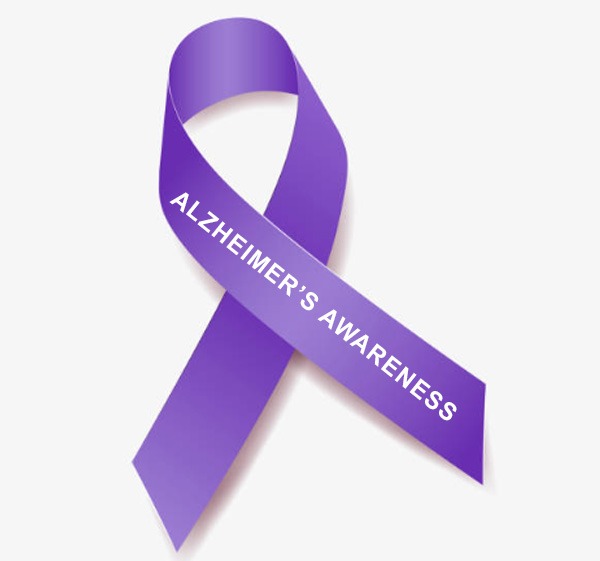We all have sad stories about Alzheimer’s, a disease like none other. I watched my beloved grandmother’s mind evaporate into the ethers until she was nothing but a breathing, weighted imprint on the bed sheet.
When the first hiccups in my grandmother’s brain appeared, little was known about Alzheimer’s Disease. Ronald Reagan had it, and was being lovingly cared for by his wife, but research was sketchy and the media gave it little airtime or print space. I first knew something was wrong with Gran when I arrived at her home one cold January morning and found the air conditioning turned down to 60 degrees. She was lying on her bed in only a thin nightgown, the bedclothes thrown on the floor. She was unable to move since the cold air had aggravated her arthritis and she was momentarily paralyzed with pain.
My heart broke in half. Here was my rock—my sweet, loving grandmother, whose generosity, and kindness toward me never wavered. I had no idea what was happening to her, but I knew something was terribly amiss.
Not long after, my family met with her doctor and learned she probably had Alzheimer’s Disease.
In those early days, books were our only informational source and so I read everything in print about the disease—maybe five books—and cried. And cried, and cried. I learned Alzheimer’s was a slow death sentence, as the saying goes, death by a thousand cuts. Anyone who has walked in these deerskins can tell this tale.
Eventually Gran was unable to speak or recognize any of us. I couldn’t believe this was happening, and worse, that I, the A+ researcher, could find nothing, or no one, to offer any hope, because none existed at the time.
Music Can Help Prevent Dementia
However, I never gave up my search for preventative measures. When the first information came out about what we could do to stave off dementia and Alzheimer’s (which is a type of dementia), I paid attention. I took up the piano because I love music and wanted to learn to play, and because the early research showed learning a musical instrument might be a good way to avoid the disease.
Fast-forward to my second career where I became a gerontologist, and how lucky I was to have Dr. Alison Balbag as one of my professors. Dr. Balbag found that musicians develop Alzheimer’s only 35% of the time compared to non-musicians. Further research expanded on the benefits of music for our brain and cognitive function. I have written extensively about how music benefits our brain:
The Right Type of Exercise Can Help Avoid Dementia
Cue to late 2019, and what we know this red-hot minute as our best protections against dementia and Alzheimer’s, and, amazingly, ways to be vibrant, as well: HIIT exercise—high-intensity-interval-training, as discovered by my favorite girl gang, Nobel Prize winning duo Dr. Elizabeth Blackburn and Dr. Elisa Eppel, might be the top contender.
Foods That Fight Alzheimer’s Disease
Add to that the findings of Dale Bredesen, MD, and several others who found diet to be a critical factor, along with stress reduction and increased meaningful social engagement.
- Your Brain on Food
- 12 Best Brain Foods for Memory, Concentration and Health
- Stress and Memory
- Our Vibrant Hearts
Lifestyle Choices to Help Prevent Alzheimer’s Disease
If we can make the following choices, we dramatically increase our chances of keeping dementia and Alzheimer’s as merely words in the dictionary and out of our lives.
- Say sayonara to sugar in all forms except low-sugar fruit
- Limit alcohol intake to a few glasses of red wine a week
- Eat a Mediterranean diet—whole grains, fish, fruits, and vegetables, olive oil
- Make seven to eight hours of sleep a night a priority
- Meditate to reduce stress
- Find more ways to be happy and have fun
I really try to adhere to these guidelines. Do I fail some days? Heck yes, but as Scarlett said as Rhett walked into the darkening mist, “Tomorrow is another day.”
Being aware of what makes our lives better, allows us to make new choices tomorrow.
Until next time…Be Vibrant!
Living Vibrantly
Like what you see? Subscribe to receive exclusive tips to start living Vibrantly!

